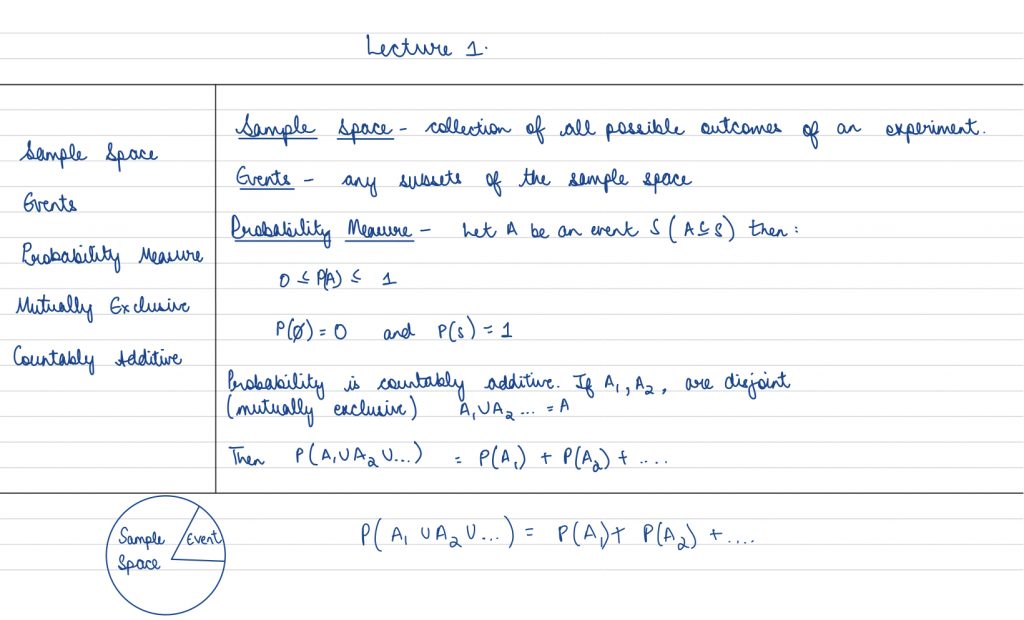Ever since middle school, we have been trained to study in a particular way. We have a schedule made for us and everyone in the class has been tested in the same way. At university, everyone has a different type of course they are doing that requires a different way of studying. I realized that my old school studying techniques were not working for me anymore when I felt like I hadn't prepared enough for the test, despite spending hours on the material.
I have always heard about quizzes that help you figure out your learning style. So, I did about 5 quizzes and figured out that I was a visual/kinesthetic learner. This meant that I learnt better visualizing the material or experimenting with it. Experimenting with knowledge is acting upon it. Whether it's learning math through solving problems or performing a virtual dissection to learn more about anatomy. The best quiz I found to help understand your learning style is the VARK questionnaire.
I also attended a session by Accessibility Services on Using Reading Week Effectively. In this workshop, I obtained a lot of useful tips that I already see are helping! Firstly, we discussed the most obvious taboos that come with studying: cramming. Cram sessions aren't as useful as we want them to be since the information we attain can only be useful for the next 5-6 hours, not more. Furthermore, cramming will not help you do better in tests. Therefore, cramming can result in a lose-lose situation since it causes exhaustion and won't improve test performance. Staying up late or all night to study has the same results as cramming. In fact, it has even more disadvantages: ruining sleep schedules.
The lesson I took from this was that if you can’t concentrate and work to the best of your capacity, stop forcing it to happen. When distracted, I found that going out for a walk or working out can help to drain some of that extra energy is quite useful to support better focus and concentration. Working out also makes you more active!
I also find that attending office hours even if I don't have any questions can be quite useful since something always comes up. If I don't have any questions, I study better in the presence of my TAs/Instructors. Doing Past Papers is also a great way to study
Breaking your work down into chunks is also a great way to study smart. It trains your mind into doing more realistic and simpler goals. Think about it! Wasn't it easier to study as a kid with little goals like doing 5 addition problems? Similarly, retaining information in smaller chunks is useful when studying. I found Cornell Notes and flashcards to be helpful. This way, I was able to summarize my notes and study concisely. All of these strategies helped me to study smart!
Here are some amazing upcoming workshops that will help navigate studying smart:
https://clnx.utoronto.ca/home/slevents.htm?eventId=41250
https://clnx.utoronto.ca/home/slevents.htm?eventId=39913


0 comments on “How I Study Smart With My Disability”